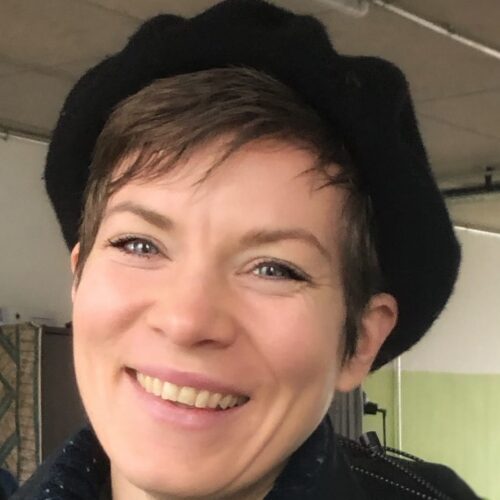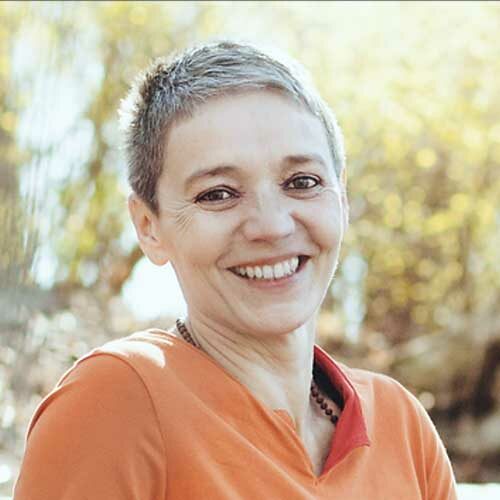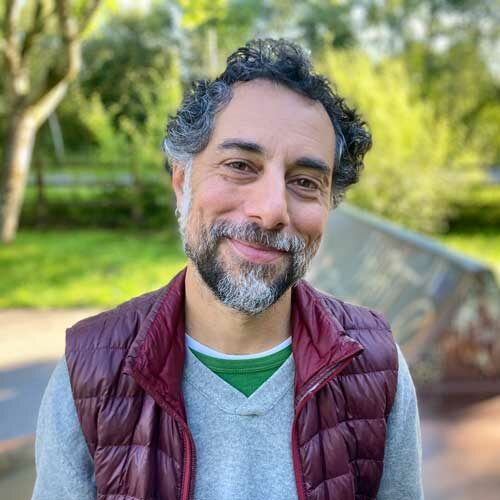Martin writes: “Do you remember that Youtube video ‘Awareness test’ from a few years ago, where you’re asked to pay attention to one thing (passes made by the team in white) and you end up completely missing something else? (check it out https://www.youtube.com/watch?v=Ahg6qcgoay4 – it only takes 30 seconds)
We perceive reality in accordance with our existing expectations, or as Buddhist teachings call it, our conditioning. We relate to and react to the world around us as if our perceptions are trustworthy or even objective, whereas actually we are constantly making the world ‘in our own image’.
This confirmation bias (you see what you expect to see) has huge implications for us; personally and socially. In a world so polarised by divisive views, we each need to do our own work of understanding our own blind spots and assumptions. We need to learn to see ourselves, and each other, free from our assumptions.
Join me at Worldwide Insight for the first session of the year to explore these reality blinkers. We’ll look at how prejudice blinds us to the way things are. We’ll see how we can wake up; cleanse the doors of our perception; meet reality as it is, instead of how we imagine it to be; take off our blinkers and see the whole picture of life.”






Discussion